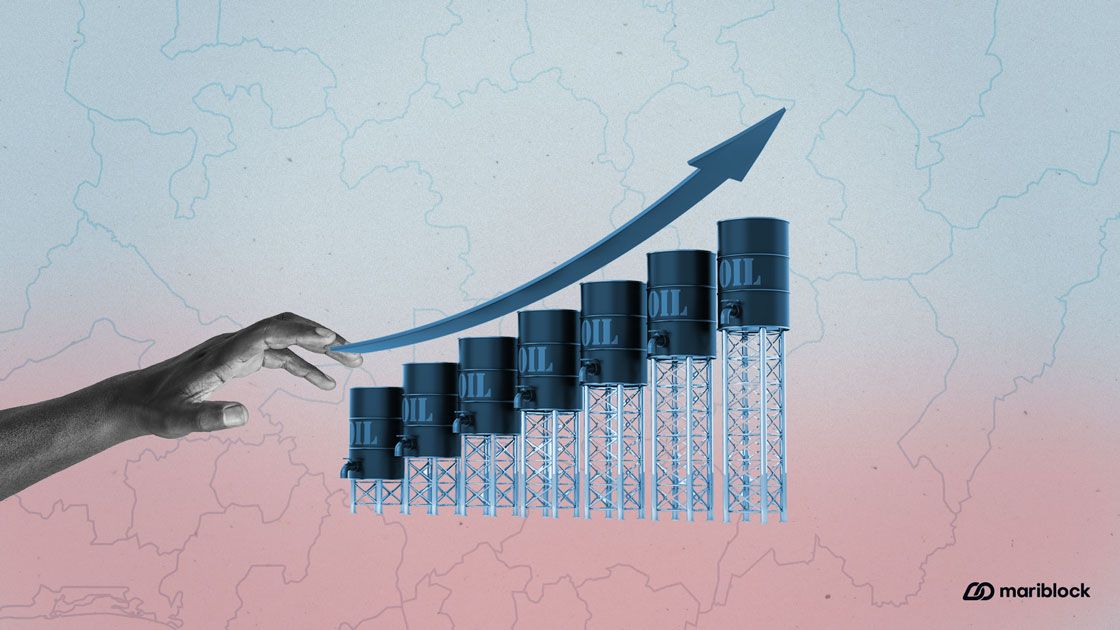Nigeria’s oil sector looking to attract billion-dollar FDI
Nigeria recorded $47.60 million in FDIs for the first quarter of 2023, signifying a 69.28 percent year-on-year decline.

ℹ️
Editor’s note: This story is part of Mariblock’s “State of Fiat” coverage. Digital assets such as bitcoin are seen as competitors to central bank money. Therefore, we consider informing our audience of the state of their local currencies worthwhile.
The group general manager of the Nigerian Upstream Investment Services (NUIS), Bala Wunti, has said that Nigeria can expect up to $20 billion in foreign direct investment (FDI) before the end of next year.
The details
- Wunti made this projection based on the resurrection of previously abandoned oil projects.
- According to him, the Agbami deepwater oil field has seen renewed interest from foreign investors. In addition, the Owowo project has been resurrected due to the passing of the Nigerian Petroleum Industry Act (PIA) and the removal of product sharing contracts (PSCs).
- The revival of these two projects should bring in between $18 billion and $20 billion before the end of next year, Wunti affirmed.
- The CEO of the Nigerian Upstream Regulatory Commission (NUPRC), Gbenga Komolafe added that the commission was working on regulations that would ultimately make the sector attractive to rein in more FDIs.
Key quotes
- Wunti, speaking at an oil conference in Abuja, remarked:
“We are significantly advancing on the Agbami gas project, which is bringing in a significant couple of billions of foreign direct investments. On top of that, we all know the Owowo project, which Exxon has put in the freezer has been ‘unfreezed’ courtesy of the PIA and removal of the PSC, put all these together we see an outlook of, between this year and next year, of somewhere in the neighborhood of between $18billion and $20 billion.”
Be smart
- Foreign direct investment (FDI) is a powerful form of cross-border investment where an investor from one country acquires substantial control and influence over an enterprise in another country.
- According to the Organization for Economic Cooperation and Development (OECD), FDIs can assist in human capital formation and help create a competitive business environment. These contribute to economic growth and poverty alleviation in developing economies.
- Nigeria recorded $47.60 million in FDIs for the first quarter of 2023, signifying a 69.28 percent year-on-year decline.
- In addition, the Nigerian Bureau of Statistics said that 28 out of Nigeria’s 36 states failed to attract any FDI in the first quarter of the year.
- FDIs can provide a country such as Nigeria with much-needed access to capital to finance new projects, expand existing ones and create new jobs. In addition, they can provide the needed foreign exchange to shore up Nigeria’s reserves
- Experts believe the reduction in FDI was due to the government’s failure to create a conducive environment for foreign investment to flourish.
- Others are of the opinion that the naira’s volatility and the inability of businesses to access foreign exchange has been a cause of low investor confidence and consequently, decreasing FDI inflows.



